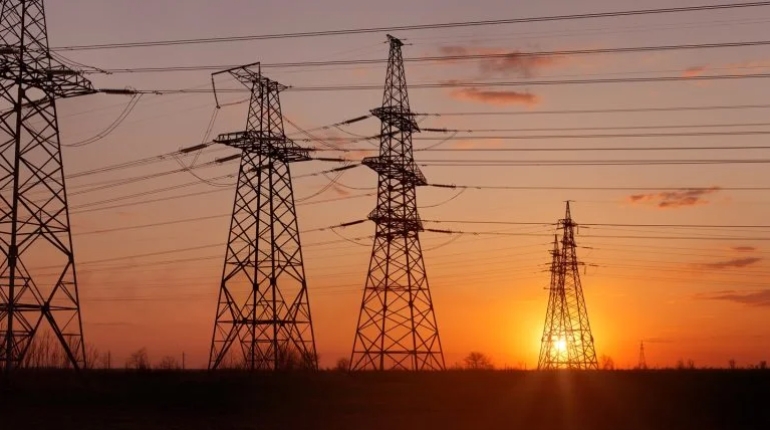
NESO’s summer 2025 outlook, covering April to October, forecasts peak demand at 29.7GW.
From April to October 2025, NESO projects peak electricity demand at 29.7GW. Solar power has shown significant growth, with generation hitting a record 12.68GW in March and April, surpassing the capacity of Britain’s import connections with Europe. The availability of conventional power stations will further support the UK’s access to imported electricity.
To maintain grid stability during periods of low demand, NESO ensures a steady minimum flow of electricity. The operator confirms that supply will be sufficient to meet both demand and reserve needs throughout the summer. Tools like negative reserve active power margin notices are in place, directing power plants to lower output when necessary to balance the grid.
On the gas front, Britain’s gas network operator expects adequate supply to meet demand in summer 2025. Domestic gas fields, imports from Norway, and liquefied natural gas shipments will primarily fulfill the projected total gas demand of 29 billion cubic metres (bcm), up slightly from 28bcm in summer 2024.
In April 2025, NESO unveiled plans to overhaul grid connection processes, prioritizing clean energy initiatives to unlock £40 billion ($52.8 billion) in annual investments. NESO stated: “This reform will tackle delays caused by unviable projects, ensuring faster grid access for sustainable energy developments.” The initiative aims to clear a backlog of stalled projects, some delaying progress for up to 15 years, supporting economic growth and energy security.